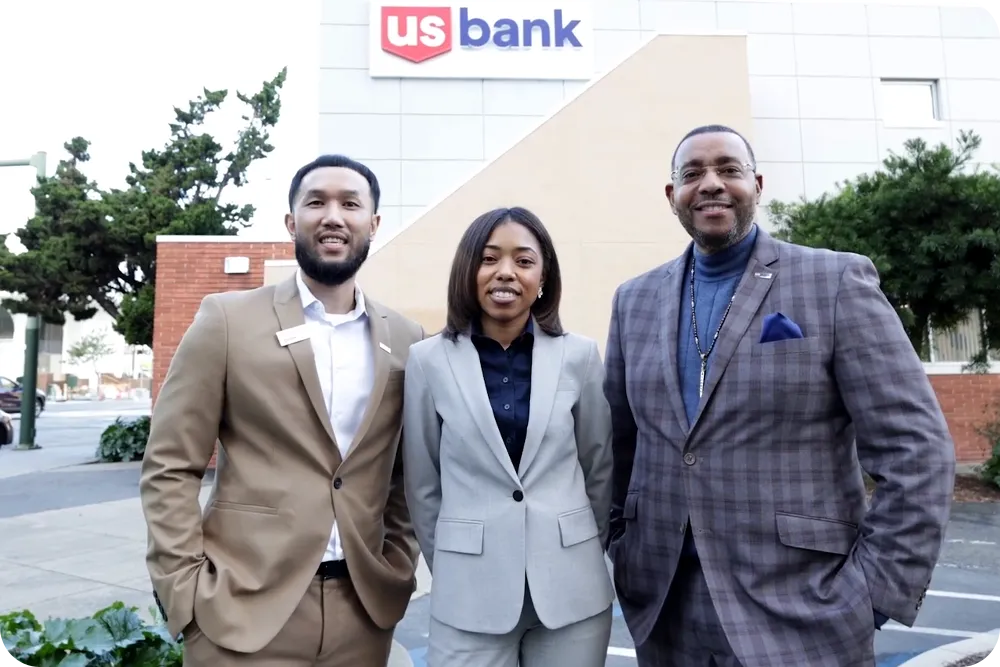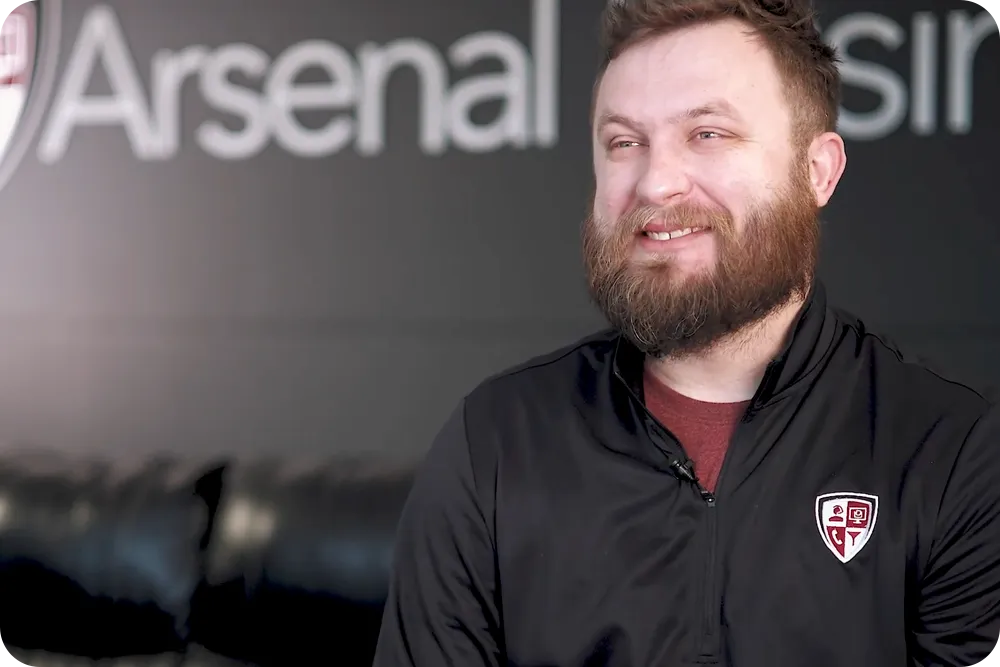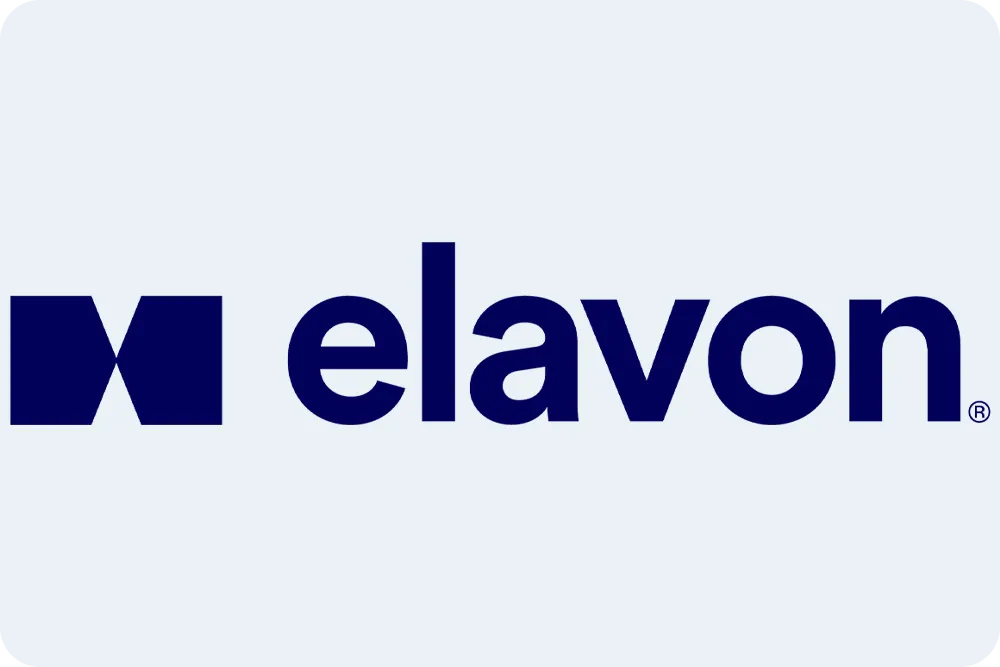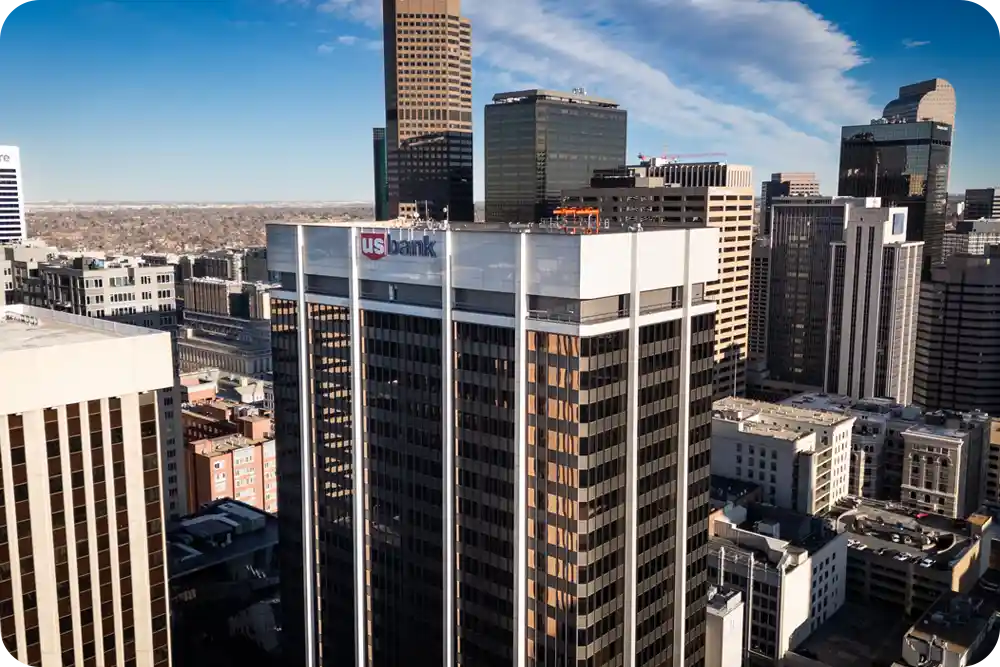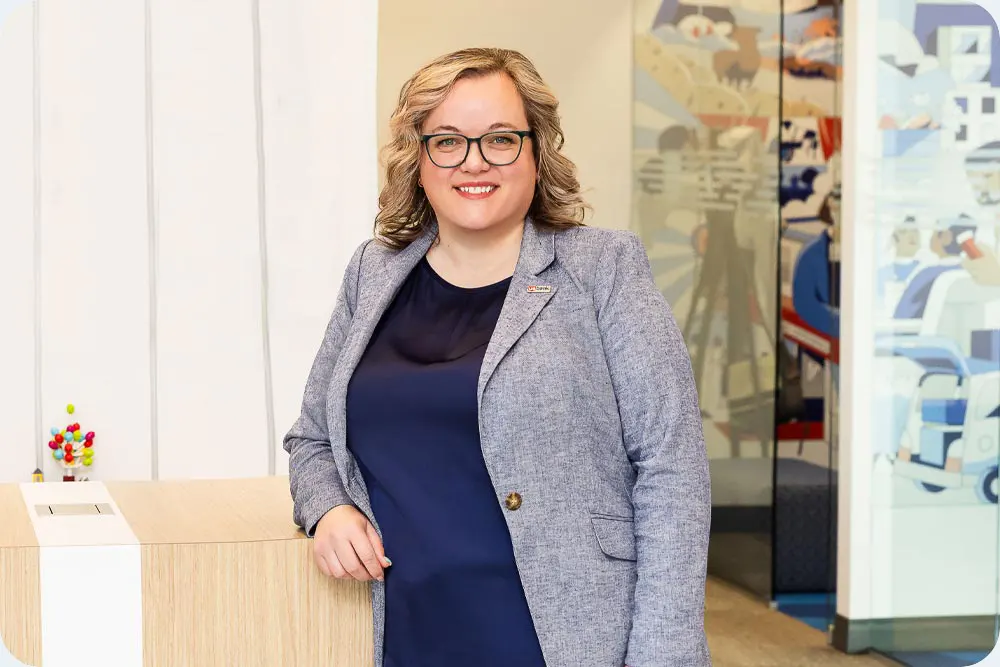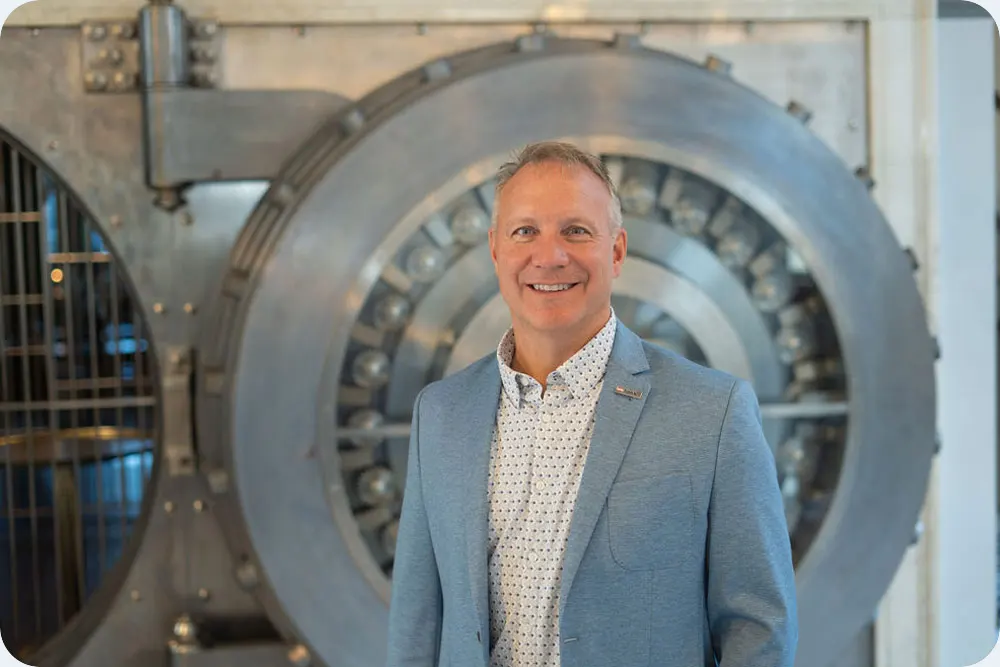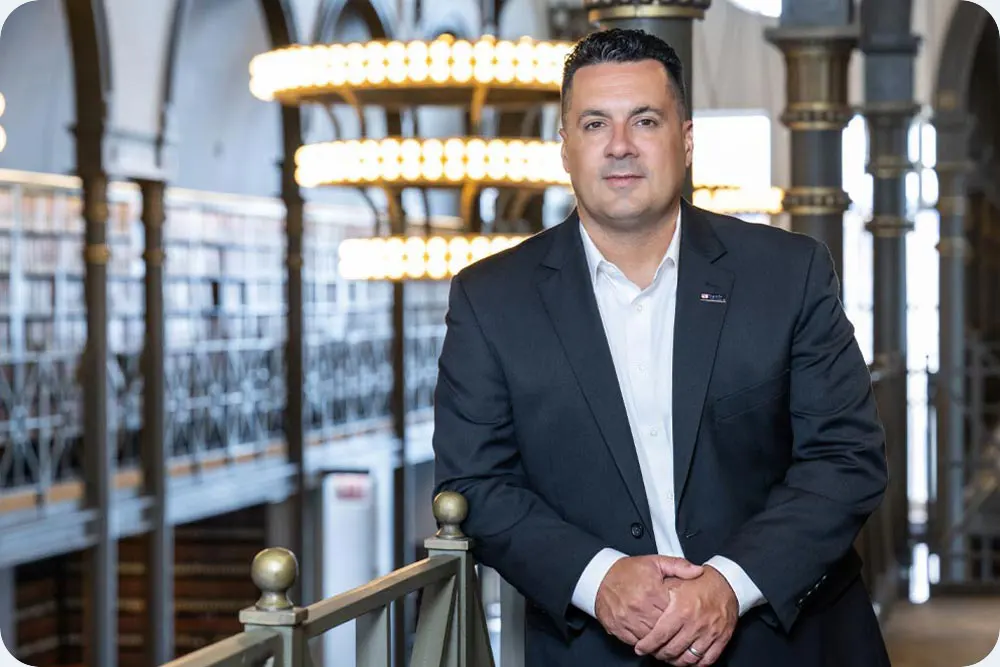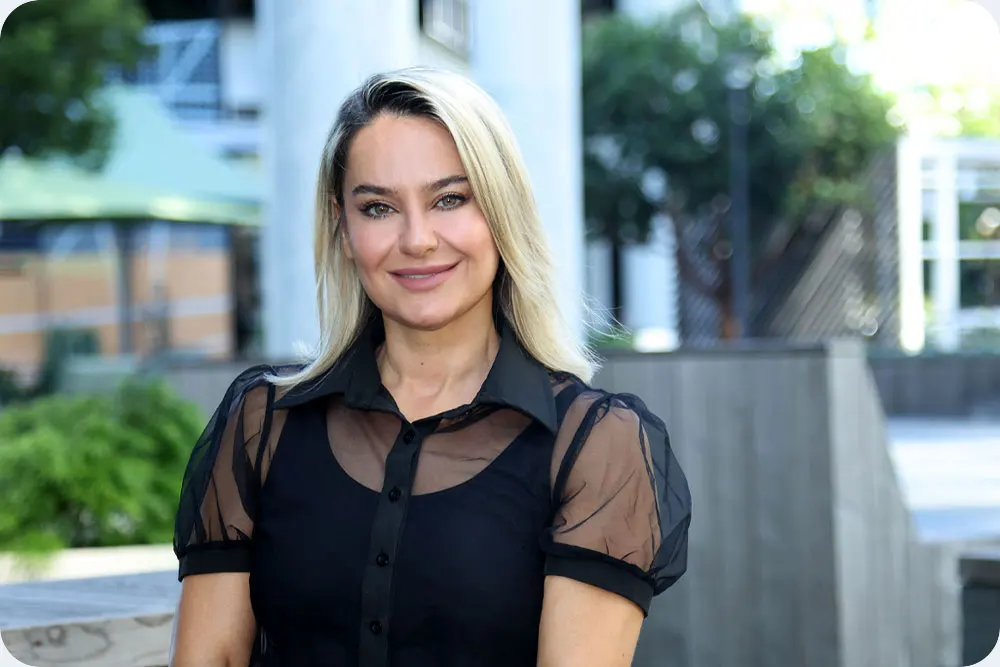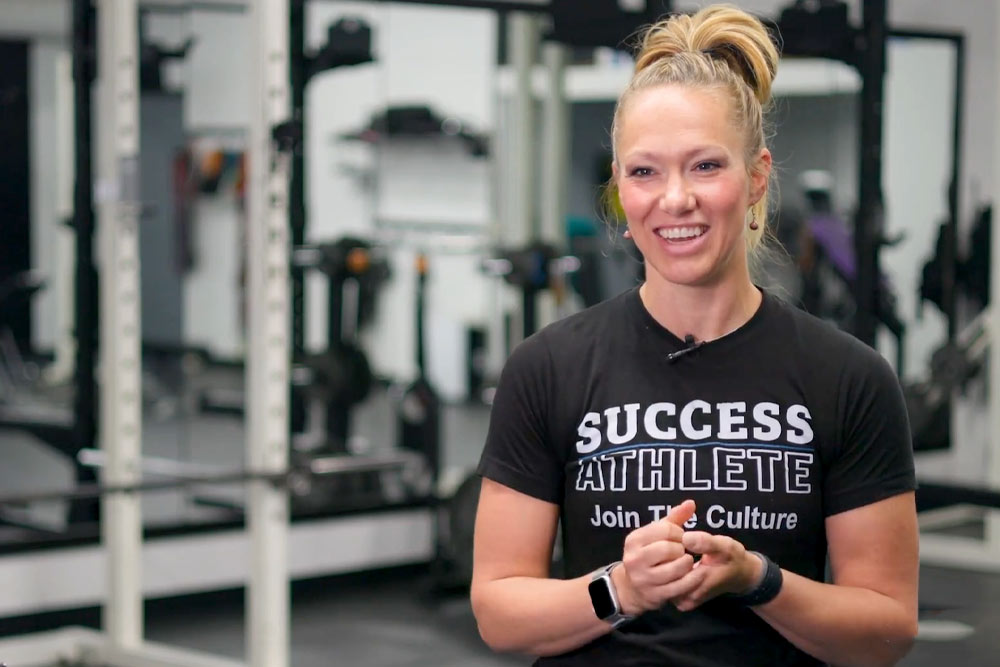News & Stories
Stories
B2B client grows from in-home office to 60,000-square-foot facility
Missouri-based Arsenal Business Growth turned to U.S. Bank to help execute growth strategies.
Stories
One year later, Los Angeles wildfire resiliency efforts continue
U.S. Bank & U.S. Bank Foundation extend $3.7 million to 10 nonprofit organizations for LA wildfire relief & recovery.
news
Elavon launches fresh logo and bold new look for a dynamic 2026
The updated brand imaging celebrates the payment processor’s commitment to empowering business success.
News
Survey: Financial avoidance trending with younger generations
A U.S. Bank expert says everyday banking tools can help you build confidence and control in managing your money.
News
U.S. Bank adds industry veterans to its PMI leadership team
Peter Geronimo to amplify offerings to business and institutional clients; Raj Gazula to lead strategy as CAO.
News
Bank launches Business Shield™ Visa® Card for small business owners
The new business credit card offers rewards and access to the Spend Management platform.
South Dakota banker has prescription for practice success
Jeramie Eimers helps doctors, dentists and veterinarians secure financing and build thriving practices.
Collateralized Loan Obligation trustee helps clients focus on growth
Chicago-based Tony Fajardo helps ensure that investors get the information – and cash – that they’re supposed to.
Banker helps businesses manage cash and check deposits more efficiently
Treasury management and payments consultant Maryam Ebadi works with businesses to understand their needs.
Video spotlight
One year later, Los Angeles wildfire resiliency efforts continue
U.S. Bank & U.S. Bank Foundation extend $3.7 million to 10 nonprofit organizations for LA wildfire relief & recovery.
B2B client grows from in-home office to 60,000-square-foot facility
Missouri-based Arsenal Business Growth turned to U.S. Bank to help execute growth strategies.
Insights from CES 2026 to guide future client and team member experiences
AI everywhere, wellness tech advancements and robots galore shaped this year’s consumer electronics show.
Bank helps Success Fitness chain bulk up its gym business
U.S. bank funded a renovation and equipment purchase for the small, boutique gym in Minnesota.
From teen banking customer to bank branch mural creator
The Green Star Movement founder helped create a mosaic mural for the Lincoln Avenue branch in Chicago.
Renovating and innovating with Omaha Auto Wraps and U.S. Bank
Edy Francisco expanded from car detailing to auto wrapping and more to grow his business.
Insights
Private equity outlook for 2026: Pent-up demand continues
Kaush Amin, head of private market investing for U.S. Bank Wealth Management, discusses the year ahead.
U.S. Bank survey finds crisis of confidence reshaping the American Dream
Despite doing all the right things, many say economic environment makes goals difficult to achieve.
U.S. Bank survey looks at small business stressors, AI and succession plans
The Small Business Perspective survey reveals how owners are responding to an environment defined by rapid change.

